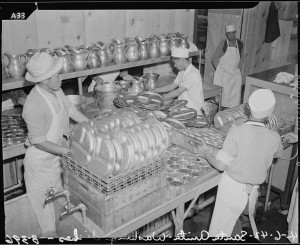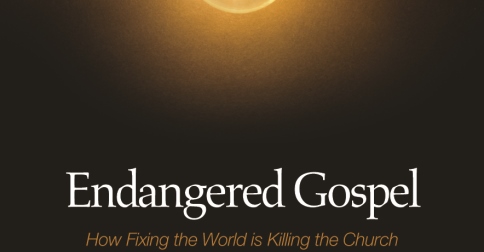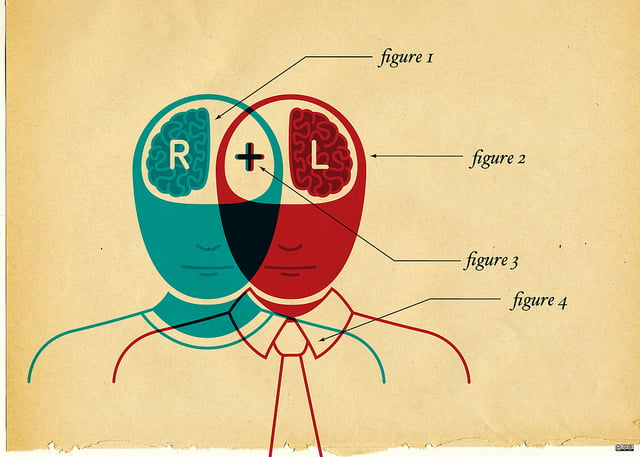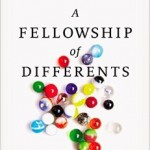 There is a group of us here at Englewood Christian Church who have been reading and reflecting on the Sermon on the Mount together over the summer. Last night, we had the opportunity as part of our Sunday Night Conversation (You can read more about that here…) to share our reflections with the church community. Our conversation — both in the smaller group over the summer and with the larger church last night focused on the Beatitudes at the beginning of the Sermon (Matt. 5: 1-11). I wanted to share a few thoughts here that I brought up in our conversation last night, as they are related to Slow Church.
There is a group of us here at Englewood Christian Church who have been reading and reflecting on the Sermon on the Mount together over the summer. Last night, we had the opportunity as part of our Sunday Night Conversation (You can read more about that here…) to share our reflections with the church community. Our conversation — both in the smaller group over the summer and with the larger church last night focused on the Beatitudes at the beginning of the Sermon (Matt. 5: 1-11). I wanted to share a few thoughts here that I brought up in our conversation last night, as they are related to Slow Church.
It was pointed out early on in our conversation last night that the Sermon on the Mount follows John the Baptist’s proclamation (in Matthew 4) : “Repent! For the kingdom of heaven is at hand.” This proclamation, particularly with its emphasis on the kingdom of heaven, is essential to understanding the Beatitudes that Jesus offers, which begin and end with the promise of the kingdom of heaven. I argued at length on this blog over the past summer for the recovery of lament. If lament, and repentance are at the heart of engaging the kingdom of heaven, as it seems they must be for any community that acts truthfully out of its poverty of spirit, what does that mean for our life together?
It seems to me that one of the powerful messages of the Beatitudes is that the life of the church is not so much about what we do together, but about what is undone in us as we seek to be together in all our “poverty of spirit” as local communities of Christ’s followers. Seeking to be together and share as much of life as possible, will inevitably surface the sorts of fears, prejudices, lusts, etc. that lurk in the darkest recesses of our hearts. And as these things are surfaced, they will either warp the shape of our life together as we refuse to deal with them (sometimes even warping the community to the point of breaking) or we will begin to name, face and work through them, extending the grace and healing of God to one another, and finding along the way that we are being transformed as we go.
I know these thoughts push back into the ancient philosophical tension between being and doing. Of course, we will do things together as we are together as congregations, but what matters more, it seems, is not so much what we do, but the time that we spend together, and the mysterious work of the Spirit that flourishes in our interactions together. Part of slowing down as churches is learning simply to be together, to find our identity in the Body of Christ and to immerse ourselves in the work of being the church together. There aren’t any magic bullets that will make this happen; we can’t program it (though some programs might possibly give some structure to our process of learning to be together).
——–
Image via Wikimedia Commons…












